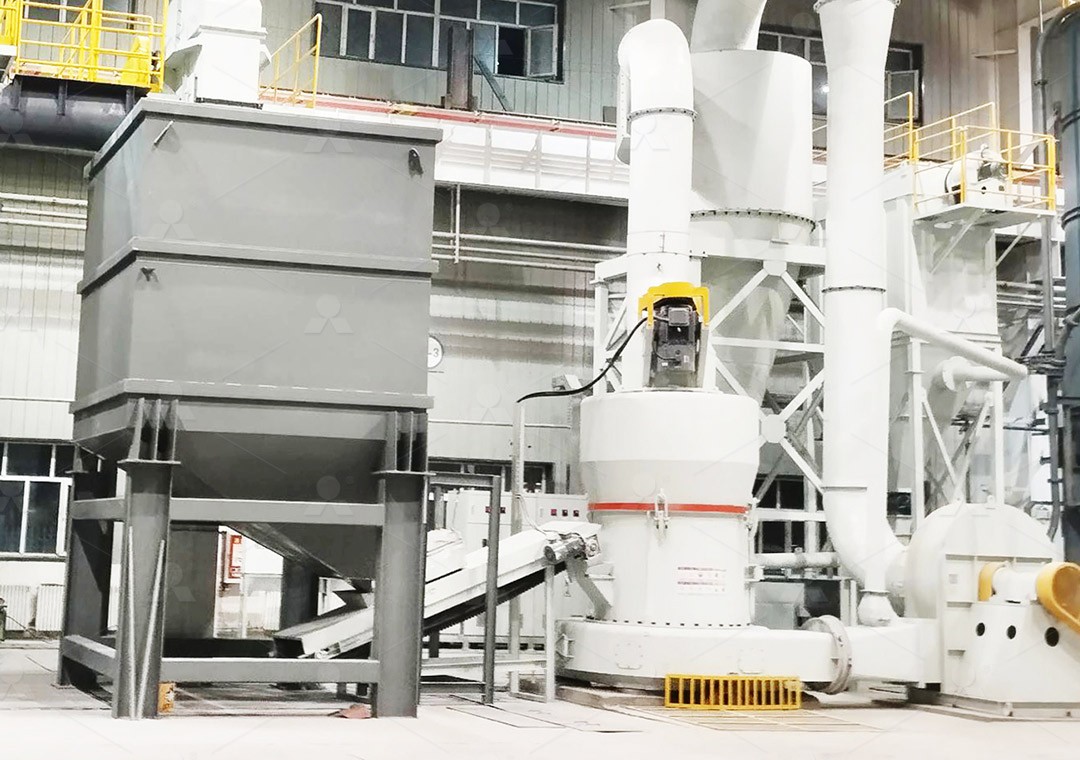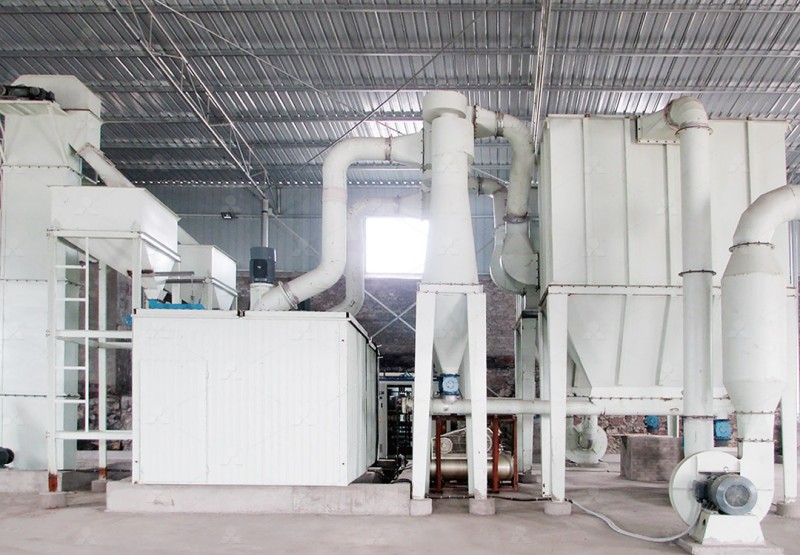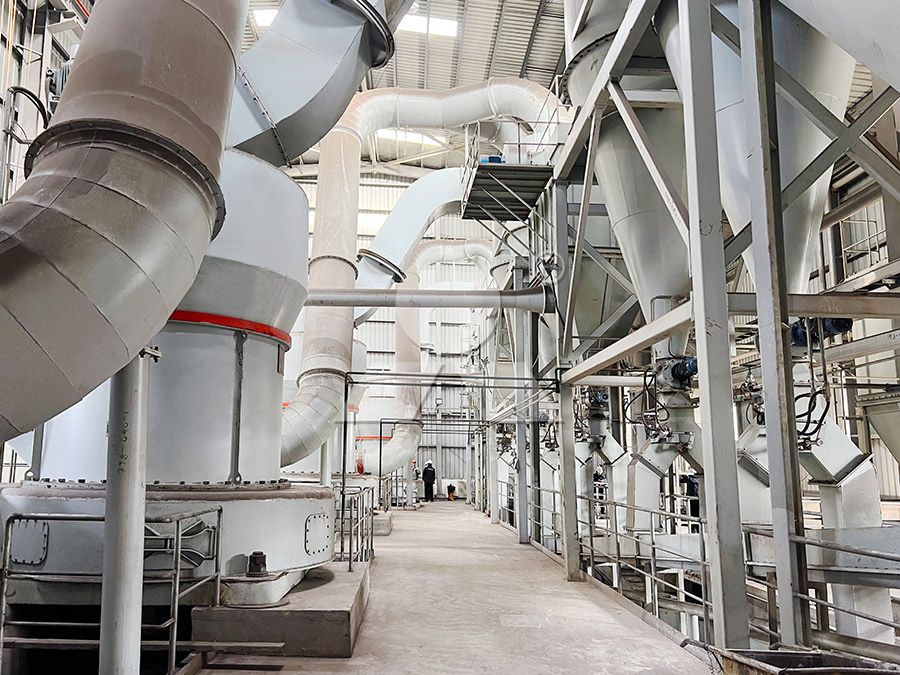How Much Does a European Raymond Mill Cost?
We provide a wide range of mills — including Raymond mill, trapezoidal mill, vertical mill, ultrafine mill, and ball mill, obtained ISO9001 international quality certification, EU CE certification, and Customs Union CU-TR certification. Suitable for processing minerals such as limestone, phosphate, quicklime, kaolin, talc, barite, bentonite, calcium carbonate, dolomite, coal, gypsum, clay, carbon black, slag, cement raw materials, cement clinker, and more.
The discharge range of these mills can be adjusted to meet specific processing needs, typically from 80-400 mesh, 600-3250 mesh, and can achieve the finest particle size of up to 6000 mesh(D50).
If you are looking for a reliable grinding solution to turn stone or minerals into fine powder, please feel free to contact our online customer service.
How Much Does a European Raymond Mill Cost?
As a seasoned professional in the industrial milling sector, I’ve fielded this question countless times from clients worldwide. The truth is, there’s no single answer – the cost of a European Raymond Mill depends on numerous factors including capacity requirements, desired fineness, material characteristics, and specific operational needs. However, I can provide comprehensive guidance to help you understand the pricing landscape and make an informed investment.
European-style grinding mills represent a significant evolution from traditional Raymond mill technology, offering enhanced efficiency, superior powder quality, and advanced environmental features. These mills typically range from $50,000 to $500,000+ depending on the model and configuration. The wide price variation reflects the substantial technological improvements incorporated into modern European designs.

Key Factors Influencing European Raymond Mill Pricing
Several critical elements determine the final cost of your grinding mill investment:
Capacity Requirements: Production capacity directly impacts price. Mills processing 3-5 tons per hour represent entry-level investments, while high-capacity systems handling 25+ tons per hour command premium pricing. Consider both current needs and future expansion when selecting capacity.
Material Characteristics: The hardness, moisture content, and abrasiveness of your raw materials influence mill design requirements. Harder materials necessitate more robust construction and wear-resistant components, increasing initial costs but reducing long-term maintenance expenses.
Fineness Specifications: Achieving ultra-fine powders (325-2500 meshes) requires advanced separation technology and precision engineering, adding to the base equipment cost.
Automation Level: Modern European mills offer varying degrees of automation. Fully automated systems with PLC controls and remote monitoring provide operational efficiency but represent higher initial investment.
Environmental Compliance: Integrated dust collection systems, noise reduction technology, and emission controls contribute to cost but are essential for sustainable operation.
Beyond Initial Purchase Price: Total Cost of Ownership
Smart buyers evaluate the total cost of ownership rather than just the initial purchase price. Consider these ongoing expenses:
Energy consumption represents 40-60% of operational costs. Advanced European designs can reduce power requirements by 30-50% compared to conventional mills. Maintenance and spare parts constitute another significant expense – look for mills with extended wear life and readily available components.

Recommended Solutions for Various Applications
Based on your specific requirements, we typically recommend two exceptional European-style grinding solutions from our product line:
For operations requiring ultra-fine powder production (325-2500 meshes), our MW Ultrafine Grinding Mill represents cutting-edge technology. With input size handling up to 20mm and capacity ranging from 0.5-25 tph, this machine excels in processing materials like limestone, calcite, dolomite, and various industrial powders. The innovative design features higher yielding with 40% greater production capacity compared to jet mills and twice the output of ball mills, while consuming only 30% of the energy of jet grinding systems. The absence of rolling bearings and screws in the grinding chamber eliminates common failure points, ensuring remarkable operational reliability.
For vertical grinding applications requiring exceptional precision, our LUM Ultrafine Vertical Grinding Mill offers independent design with the latest Taiwanese grinding roller technology and German powder separation expertise. Handling input sizes up to 10mm with 5-18 tph capacity, this mill provides higher yielding rates and better quality finished products through unique roller shell and lining plate grinding curves. The double position-limiting technology ensures stable operation, while the reversible structure simplifies maintenance procedures significantly.
Making the Right Investment Decision
When evaluating European Raymond Mill options, consider both technical specifications and manufacturer reputation. Established manufacturers with comprehensive after-sales support, readily available spare parts, and extensive application experience provide greater long-term value, even at slightly higher initial cost.
Request detailed quotations including installation, commissioning, and training services. Many reputable suppliers offer customized solutions tailored to your specific material characteristics and production requirements.

Frequently Asked Questions
What is the typical delivery time for a European Raymond Mill?
Standard models typically ship within 4-8 weeks after order confirmation, while custom configurations may require 10-12 weeks. Factors affecting delivery include customization requirements, production schedule, and shipping logistics.
Do you provide installation and commissioning services?
Yes, we offer comprehensive installation, commissioning, and operator training services. Our technical team ensures proper setup and optimal performance from day one, with remote support available for ongoing operational assistance.
What warranty coverage do you provide?
Our European Raymond Mills come with 12-24 months warranty covering manufacturing defects and component failures. Extended warranty options are available for critical components, providing additional peace of mind for your investment.
Can existing grinding systems be upgraded to European technology?
In many cases, yes. We offer retrofit solutions that incorporate European milling technology into existing infrastructure, providing performance improvements at lower cost than complete system replacement.
How do I determine the right mill size for my operation?
Our technical team can conduct material testing and production analysis to recommend the optimal mill configuration. Factors include current production volume, growth projections, material characteristics, and desired product specifications.
